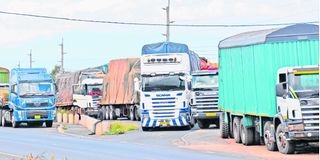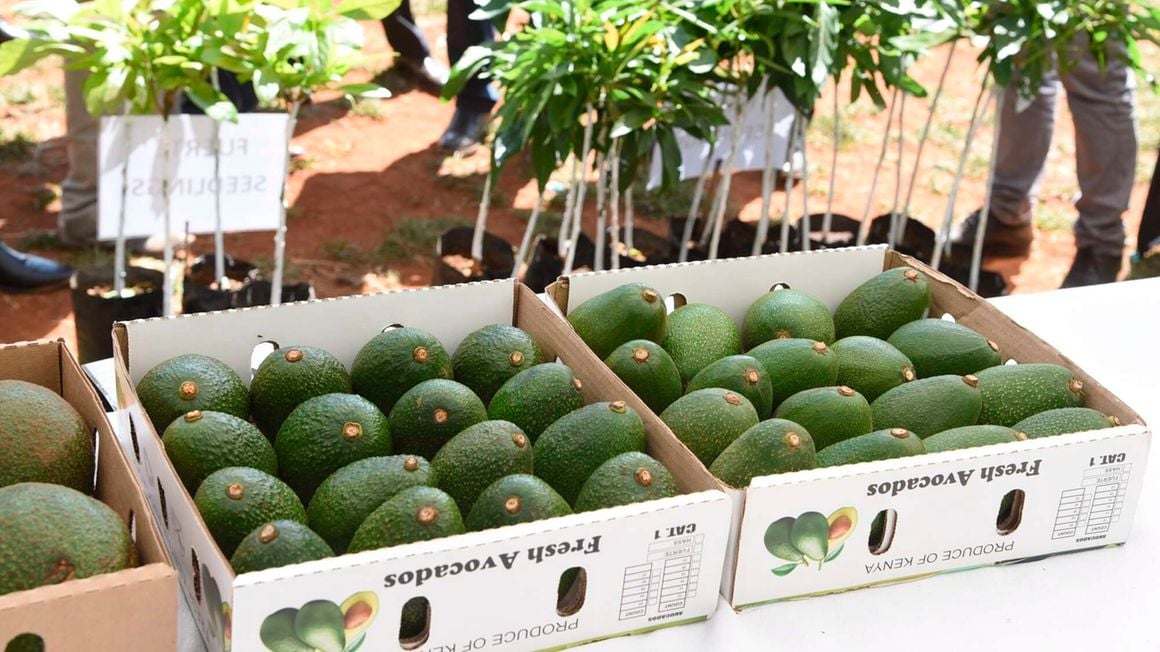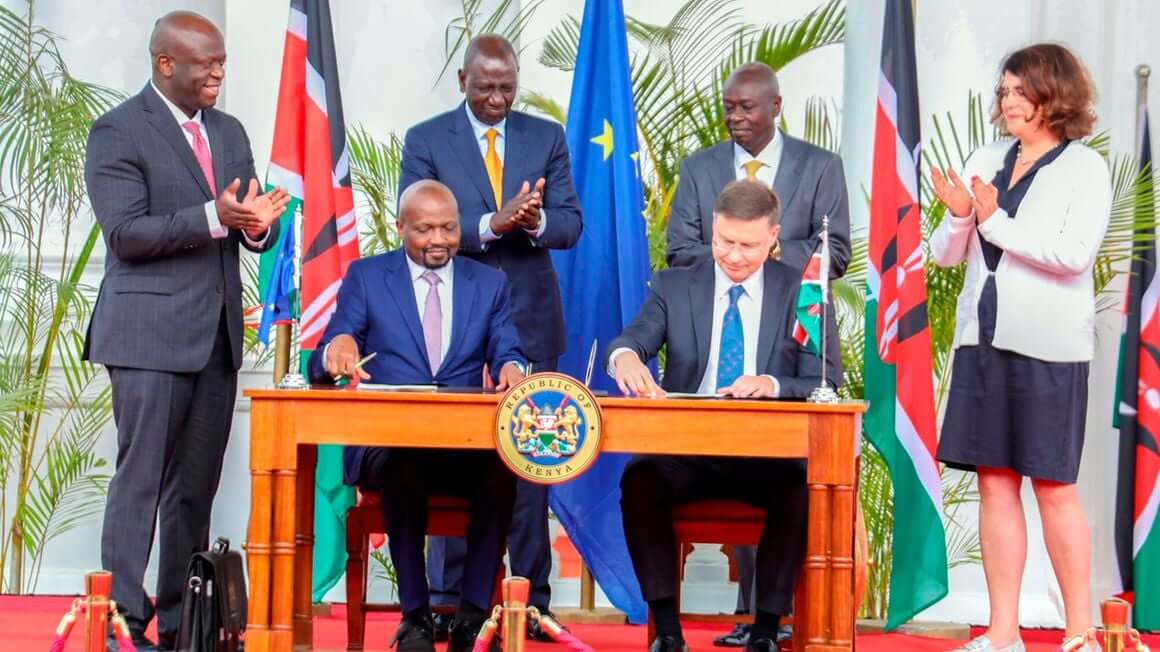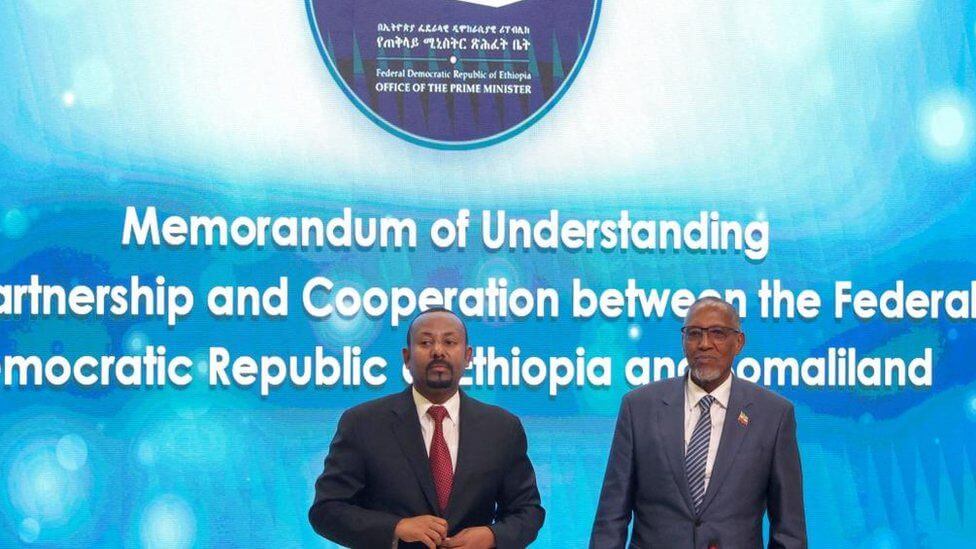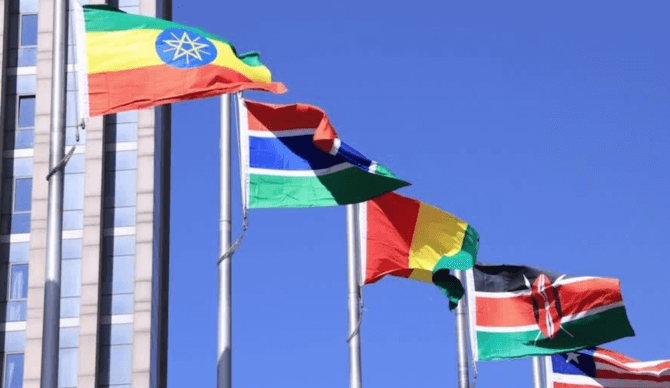Nigeria Customs Service (NCS), yesterday, announced a partnership with the African Continental Free Trade Area (AfCFTA) Secretariat to facilitate trade on the continent. It also highlighted the stagnated growth of African trade system at 14 to 15 per cent over the past few years. NCS Comptroller-General, Bashir Adewale Adeniyi, while speaking during a meeting with AfCFTA members in Abuja, regretted the low trade volume in Africa, stating that the continent currently accounts for a paltry three to four per cent of global trade. Recognising the benefits of trade, including economic growth, job creation and poverty alleviation, Adeniyi expressed enthusiasm for the potential of AfCFTA and its objective of creating a continental free trade area. He described the Guide Trade Initiative as an important tool for countries to expand their markets, emphasising the need for collaboration to verify goods at ports of origin. The Customs boss noted that his administration had implemented measures to improve trade facilitation in Nigeria. In the first quarter of the year, the parties plan to conduct a time-release study in collaboration with other government agencies to streamline processes. Adeniyi equally underlined data analysis, announcing plans to train officers in this field. In his remarks, Secretary-General of AfCFTA, Wamkele Mene, while congratulating Adeniyi on his appointment, expressed excitement about finding solutions to trade challenges in Africa. He underscored the importance of cooperation between the two organisations in addressing trade impediments. Mene said the collaboration would significantly enhance trade and revenue generation in various African countries. The partnership...
Customs partner on AfCFTA to boost trade in Africa
Posted on: January 12, 2024
Posted on: January 12, 2024


